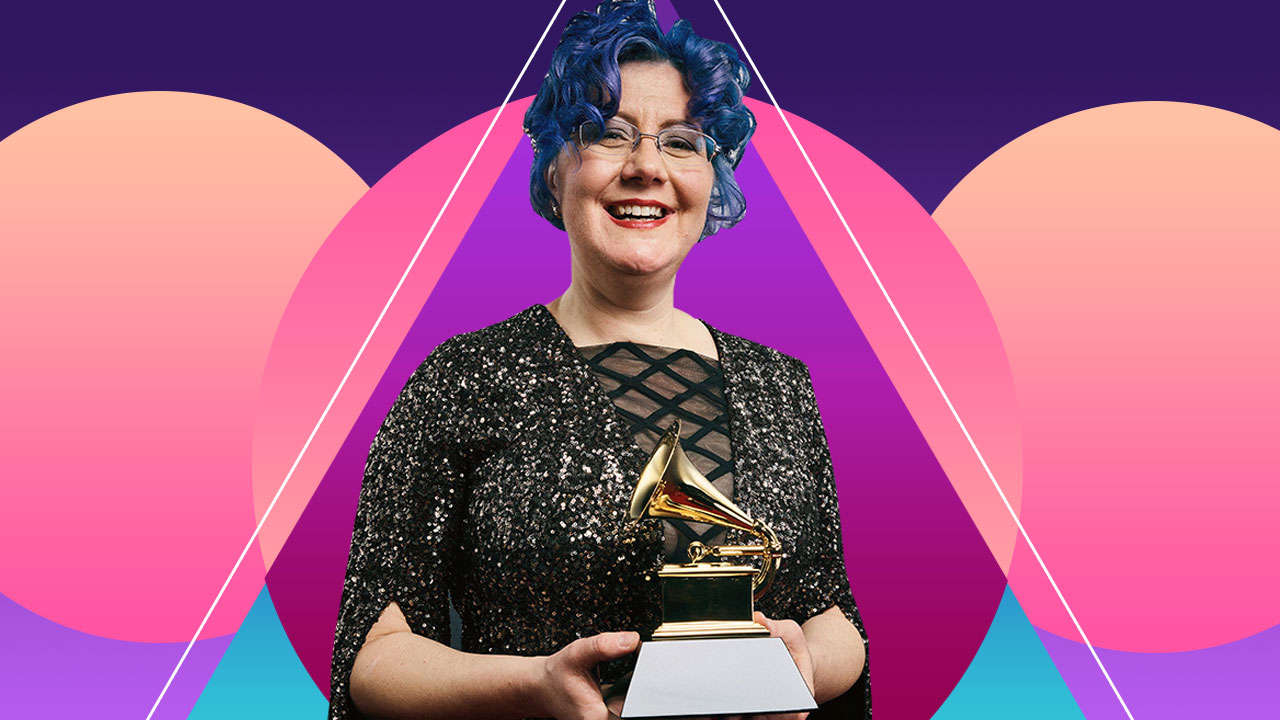Two years ago American-Ukrainian pianist Nadiia Shpachenko won an award at the Grammy-2020.
Most media called her “Ukrainian” despite her emigration to the US almost 30 years ago. People on social media were skeptical of praising the pianist, who could not be associated with Ukraine as they thought.
Journalist Maksym Komliev took an interview with Nadiia and learned about her attitude to this and the fact her home country began discussing her only after she was awarded the Grammy. Read what memories she has about her childhood in her native Kharkiv, education, and career in the US, and how a pianist is introducing the world to the music of Ukrainian composers.


